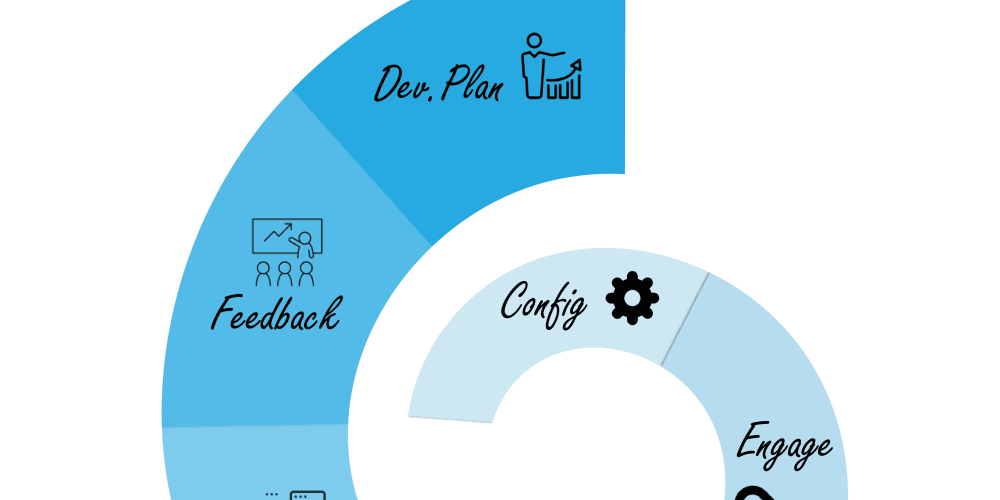As a software engineer with years of experience in the market, I've had the opportunity to work with a wide variety of databases, both SQL and NoSQL. Choosing between these two categories of databases is very important and can have a significant impact on the performance, scalability, and ease of development of your application. In this post, we will explore the pros and cons of SQL and NoSQL, providing a clear guide to help you make an informed decision.
SQL: Structure and Reliability
Pros:
- Defined Structure: SQL databases, like MySQL or PostgreSQL, use a predefined schema that helps maintain the structure of the data. This is ideal for data that does not change frequently and requires consistent organization.
- Data Integrity: Thanks to ACID transactions (Atomicity, Consistency, Isolation, Durability), SQL databases ensure high data integrity.
- Uniform Language: SQL is a standardized language that allows for efficient complex queries, ideal for detailed analysis and reports.
Cons:
- Vertical Scalability: SQL databases often require vertical scalability (upgrading existing server hardware), which can be costly and has its limits.
- Limited Flexibility: Changes in the schema can be difficult and laborious, which can be challenging in agile environments with changing requirements.
NoSQL: Flexibility and Scalability
Pros:
- Horizontal Scalability: NoSQL databases, like MongoDB or Cassandra, are designed to scale horizontally, using server clusters, which makes it easier to handle large volumes of data and traffic.
- Dynamic Schemas: They allow greater flexibility as data can be stored without a defined schema. This is ideal for data that changes or evolves frequently.
- Diversity of Types: NoSQL includes various types such as document-based, key-value, wide-column, and graph databases, each optimized for different types of queries and access patterns.
Cons:
- Eventual Consistency: Some NoSQL databases offer eventual consistency instead of ACID transactions, which may not be suitable for applications that require high data integrity.
- Complexity in Queries: Performing complex queries can be more challenging in NoSQL due to the lack of a standardized query language like SQL.
Which to Choose?
The decision between SQL and NoSQL largely depends on the specific needs of your project:
- Choose SQL if... your data requires a rigorous structure, data integrity, and complex querying capabilities are a priority.
- Choose NoSQL if... you are working with large volumes of data or data that changes frequently, and need scalability and flexibility.
The choice between SQL and NoSQL is not a one-size-fits-all decision. Each project has its unique requirements and challenges. As software engineers, our job is to understand the characteristics and limitations of each type of database to make the best possible choice that supports the needs of our projects and clients.


















